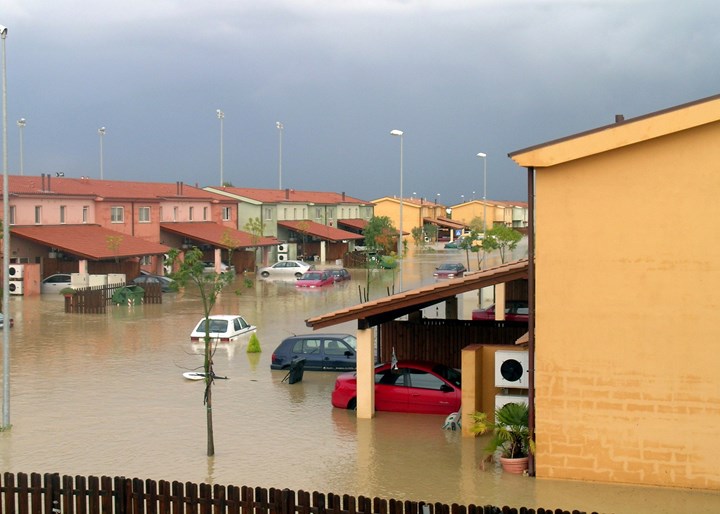Preparing for Climate Change: How do municipalities divide responsibility between themselves and individual citizens?

As climate change continues to cause adverse effects globally, it becomes increasingly important for individual and societal actors alike to prepare for potential climate crises to minimize their impact. Climate crisis preparedness in Sweden is largely municipally governed, but how to divide the responsibility of preparedness between the municipalities and individual citizens?
In a recent interview study with municipal officials, Rolf Lidskog and Linn Rabe explore how Swedish municipalities prepare for climate-related crises, as well as the responsibility that municipalities place on their citizens to make individual preparations. They find that the municipalities mainly focus on technical solutions to minimize and prevent the consequences of climate crises, particularly for specific types of crises, while citizens are expected to be individually prepared to cope with the demands that the crisis presents to them and their properties.
Lidskog and Rabe also identify a discrepancy between the expectations placed on the citizens by the municipalities and the extent to which the municipalities believe that citizens have developed this individual preparedness. This emphasizes the need to not only communicate the necessary information to citizens regarding their individual responsibility for preparedness, but to customize this information based on the varying demands of different groups in society. The researchers further argue that a more multifaceted account of climate crises is necessary to increase preparedness for a wider range of unforeseeable events.
Lidskog, R., & Rabe, L. (2022). Making climate risks governable in Swedish municipalities: Crisis preparedness, technical measures, and public involvement. Climate, 10(7), 90. Read more about the publication here
